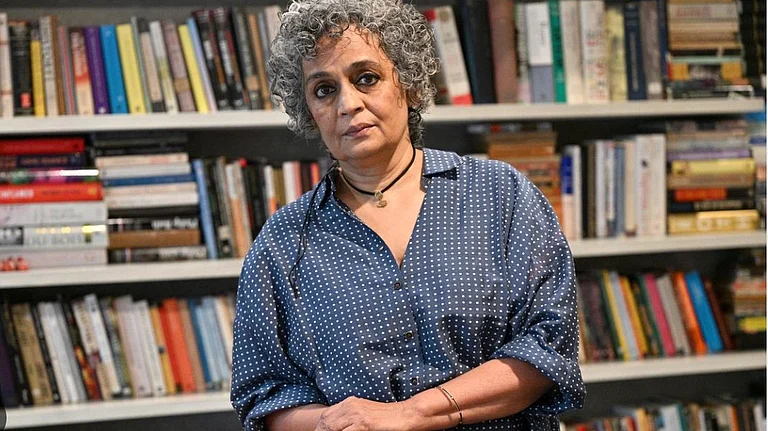In a rare move, Yes Bank was on Thursday placed under a moratorium, with the Reserve Bank of India (RBI) capping deposit withdrawals at Rs 50,000 per account for a month and superseding its board.
What does it mean?
As per the powers vested by the Banking Regulation Act, 1949, the Central government has imposed a moratorium in respect of the Yes Bank Limited for the period from 6 pm on March 5, 2020 up to and inclusive of April 3, 2020. The bank moratorium means Yes Bank is not allowed to pay any depositor more than Rs 50,000 without written permission from the RBI during the period of moratorium. Yes Bank will also not be able to grant or renew any loan or advance, make any investment, incur any liability or agree to disburse any payment.
Why has the moratorium been imposed?
The financial position of Yes Bank Ltd. (the bank) has undergone a steady decline in last two years, largely due to inability of the bank to raise capital to address potential loan losses and resultant downgrades, triggering invocation of bond covenants by investors, and withdrawal of deposits. The bank has also experienced serious governance issues and practices in the recent years which have led to its steady decline. The Reserve Bank has been in constant engagement with the bank’s management to find ways to strengthen its balance sheet and liquidity, but it has failed to infuse any capital. After taking into consideration these developments, the Reserve Bank came to the conclusion that in the absence of a credible revival plan, and in public interest and the interest of the bank’s depositors it is best to apply to the Central Government for imposing a moratorium.
What does it mean for Yes Bank customers?
As per the moratorium, Yes Bank is not allowed to make payments in the aggregate to its customers or depositors exceeding Rs 50,000/- lying to his credit, in savings, current or any other deposit account. In case a person has more than one account, then total withdrawal from all accounts is also limited to Rs 50,000.
Are there any exemptions for cash withdrawals?
The government has allowed cash withdrawal of over Rs 50,000 However, in certain cases, exceptions can be made but that too would involve following approvals from RBI. These cases are:
- Medical treatment of the depositor or any person dependent on him
- Towards the cost of higher education of the depositor or any person actually dependent on him for education in India or outside India
- To pay obligatory expenses in connection with marriage or other ceremonies of the depositor or his children or of any other person dependent upon him
- In connection with any other unavoidable emergency
Is your money safe in Yes Bank?
The Reserve Bank of India has assured the Yes Bank depositors that their interest will be fully protected and there is no need to panic. In terms of the provisions of the Banking Regulation Act, the RBI will explore and draw up a scheme in the next few days for the bank’s reconstruction or amalgamation and with the approval of the Central Government, put the same in place well before the period of moratorium of 30 days ends so that the depositors are not put to hardship for a long period of time.






.jpg?w=801&auto=format%2Ccompress&fit=max&format=webp&dpr=1.0)



















